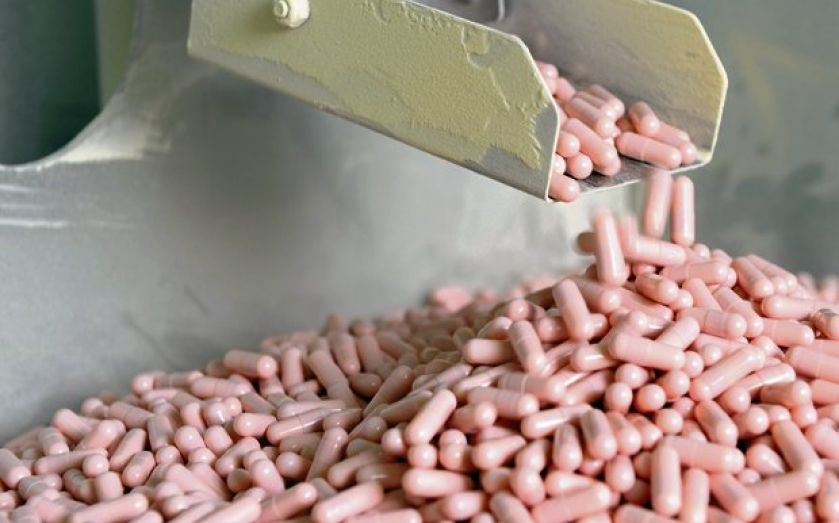UK forced to water down key tax incentive scheme

GEORGE Osborne has been forced to water down one of his key tax policies, often billed by the chancellor as one of the UK’s strongest competitive advantages to attract overseas investment.
The change to the patent box scheme follows a long-running dispute with Germany and comes ahead of the G20 summit in Australia later this week.
The tax break allowed companies to pay just 10 per cent tax on new products registered in the UK, but in a bid to stave off pressure from countries including Germany, the UK has agreed to changes. The alterations, designed to disincentivise tax avoidance, mean the patent box scheme will now only provide tax relief to businesses which have developed an invention in the UK. This removes the potential for companies to avoid tax in their home nation by registering the product of long-term research in the UK.
Despite the negative impact the changes might have on Britain, Osborne yesterday welcomed the deal. “This is a great deal for Britain – we protect our vital scientific research while making sure there are international rules that stop aggressive tax avoidance. Our joint proposal balances the need to allow countries that wish to have these regimes to do so, whilst ensuring that they operate by rules that prevent abuse,” he said.
The agreement forms part of the base erosion and profit sharing (Beps) work undertaken by G20 nations to flatten out differences in tax policy and ultimately remove tax havens.
Germany had for a long time complained that companies are using UK’s patent box to register innovation away from where research takes place, meaning the host nation does not see the resulting tax receipts.
German finance minister Wolfgang Schauble said yesterday: “Preferential tax treatment of intellectual property must be dependent on substantial economic activity. More and more countries are speaking out against allowing too much leeway for large multinationals to minimise their taxes. Just because something is legal, does not mean it is fair in tax terms.”